The Causes and Dangers of Air Pollution
Only now are we beginning to understand the full effects that poor air quality has on our health. Research by the World Health Organisation reveals that over 7 million deaths every year are directly attributed to air pollution. Air pollution is when harmful chemicals or particles suspended in the air reach dangerous levels and is caused by excessive CO2 emission, predominantly from human-induced burning of fossil fuels by cars, factories, planes and power plants. Air pollution is most common in large cities where emissions from many different sources are concentrated together.
In the short-term, exposure to air pollution can cause illnesses such as pneumonia or bronchitis. Irritation to the nose, throat, eyes, or skin is also common, along with headaches, dizziness, and nausea. The effects of long-term exposure to air pollution can last for years or for an entire lifetime. Long-term health effects from air pollution include heart disease, lung cancer, and respiratory diseases such as emphysema. Air pollution can also cause long-term damage to people's nerves, brain, kidneys, liver, and other organs. Some scientists also suspect air pollutants cause birth defects.
Can Face Masks Reduce the Risk of Air Pollution?
So are anti-pollution masks effective in reducing or preventing the harmful effects of air pollution? Any face mask's ability to limit exposure depends on the type of pollutant, the mask itself and how it’s used.
It is crucial to ensure that any anti-pollution mask can protect against even the finest submicron particle size. This means looking for a mask that is certified to filter more than 95% of PM2.5, 0.1µm and 0.3µm and preferably over 99%. If you are wearing a high filtration mask you can be sure that when exposed to poor air quality you can breathe safely knowing that you are correctly protected. If you want to understand more about why it is important to take precautions against PM2.5, check out our recent article.
In the last 12 months more and more masks continue to become commercially available every day, it’s vital to look carefully at how they’re designed if you’re considering buying one. It’s best to look for a mask that has a rating similar to those designed for use in occupational settings – as they have to meet national and international standards, for example one that has greater than 95% filtration efficiency and has been certified by an independent lab.
Investing in a good quality anti-pollution mask is ideal for those who are exposed to poor air quality. There is no added risk of pollution as long as the air mask ensures it:
- Covers the nose
- Creates a firm seal
- Has nose foam and nose wire
- Has independently certified filtration layers
An anti-pollution mask that covers both the nose and the chin as well as having nose foam and wire is crucial to any properly fitted mask. These elements will enable the wearer to create a firm and effective seal around their face, letting no air escape and importantly forcing any exhaled air to be filtered through the mask before being breathed in. Having an adjustable ear loop mechanism on the mask will also significantly aid in the wearer's ability to combat air leakage, as you will be able to loosen or tighten the mask to the desired fit and ensure many differing face sizes and shapes can be accommodated.
Finally for any anti-pollution mask, the filtration layers are the most important. Protection against air pollutants like PM2.5, 0.1µm or 0.3µm needs high quality filtration layers. Electrostatic and mechanistic filtration materials like this are shown to protect against the finest submicrons by trapping particulate matter and not allowing it to be inhaled by the wearer. Antimicrobial copper infused filtration layers also bring added protection by neutralising harmful viral or bacterial microbes through destroying the enclosed RNA or DNA. Having high quality filtration layers is enormously beneficial when looking for the right mask to combat poor air quality.
Based on the latest research, face masks can reduce your exposure to pollution in PM2.5 and smaller. But before buying one it’s important to consider the quality of the filter, the number of filter layers, how long the mask will last, and how well the mask fits your face.
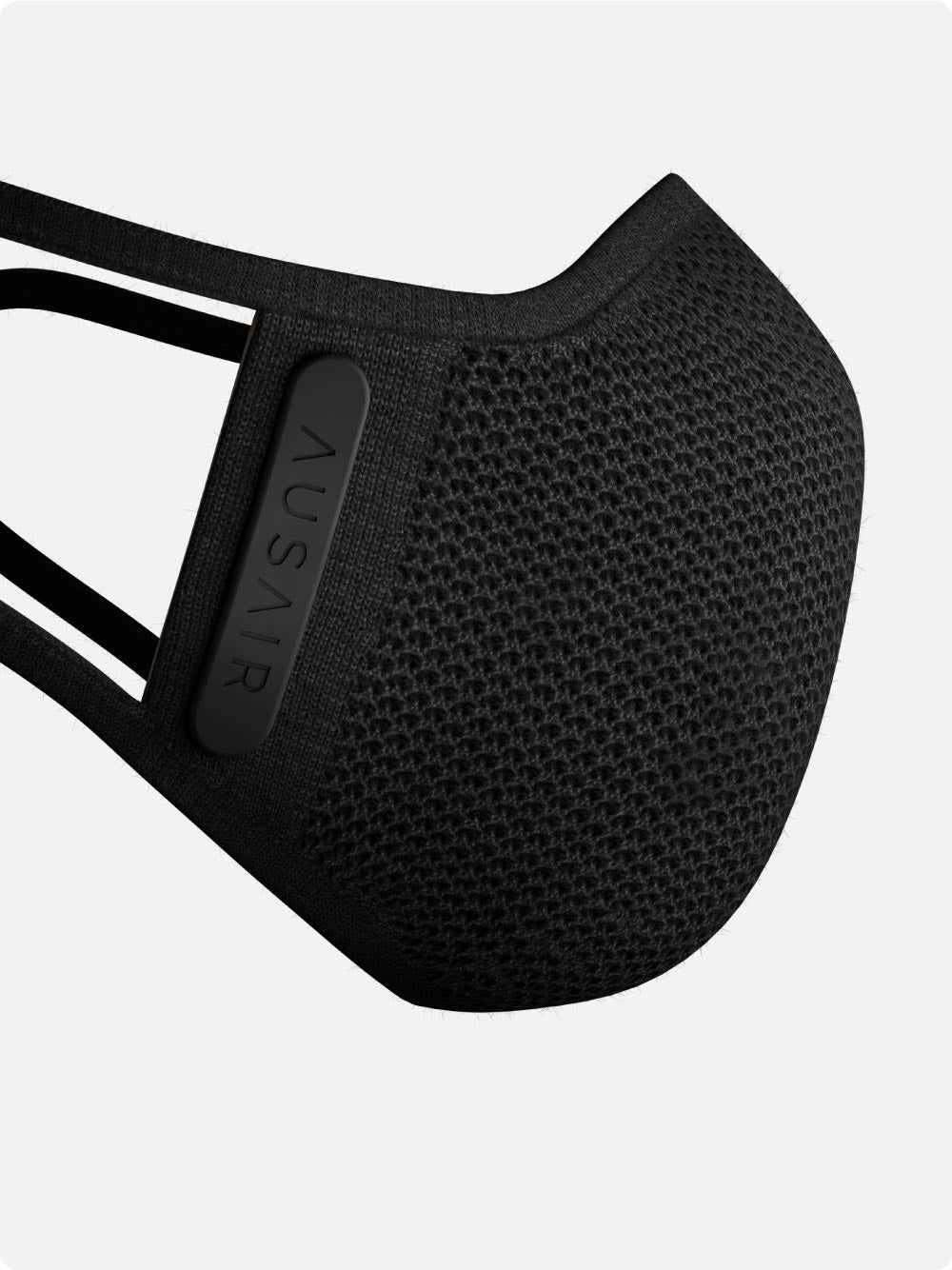
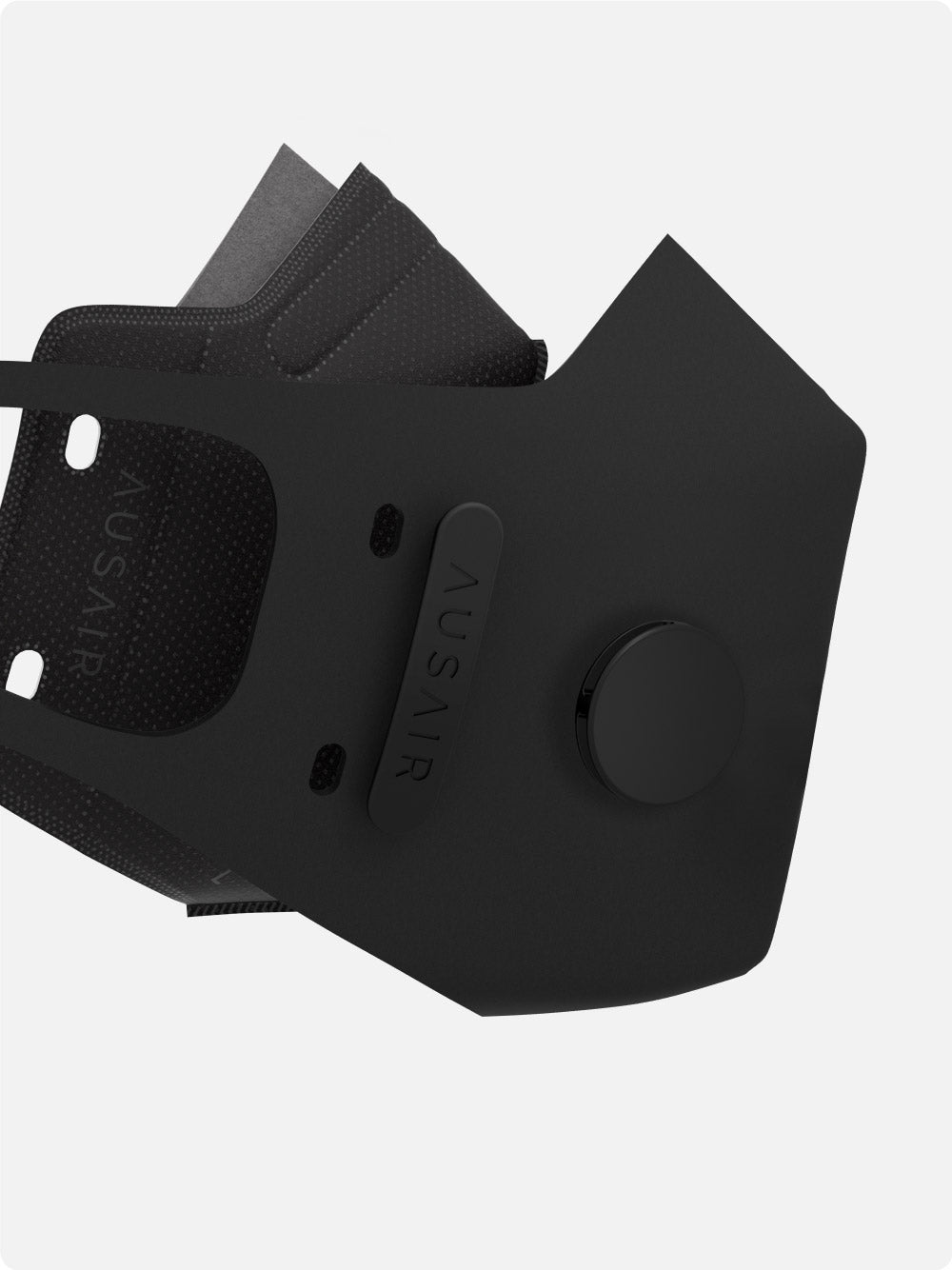
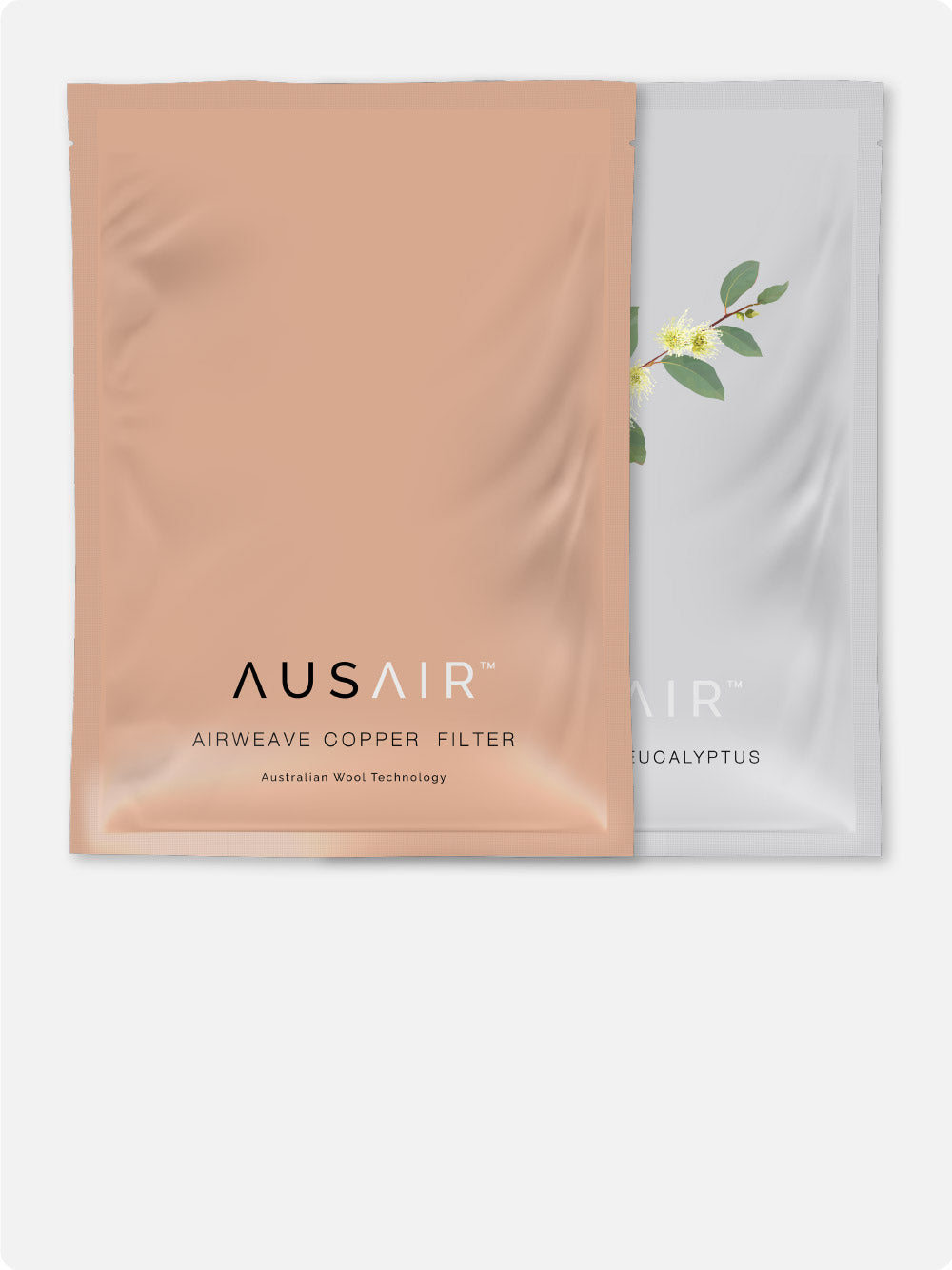
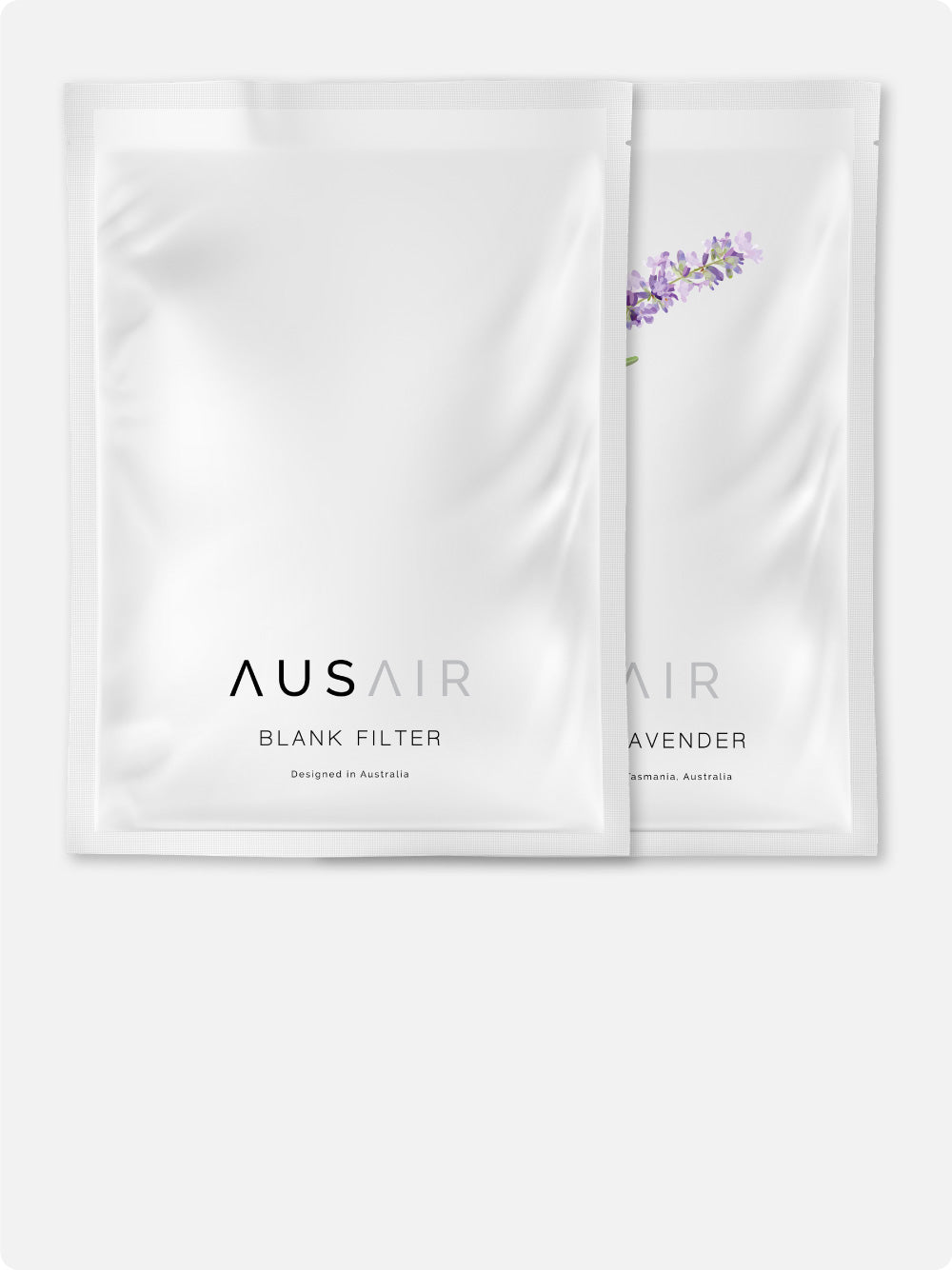
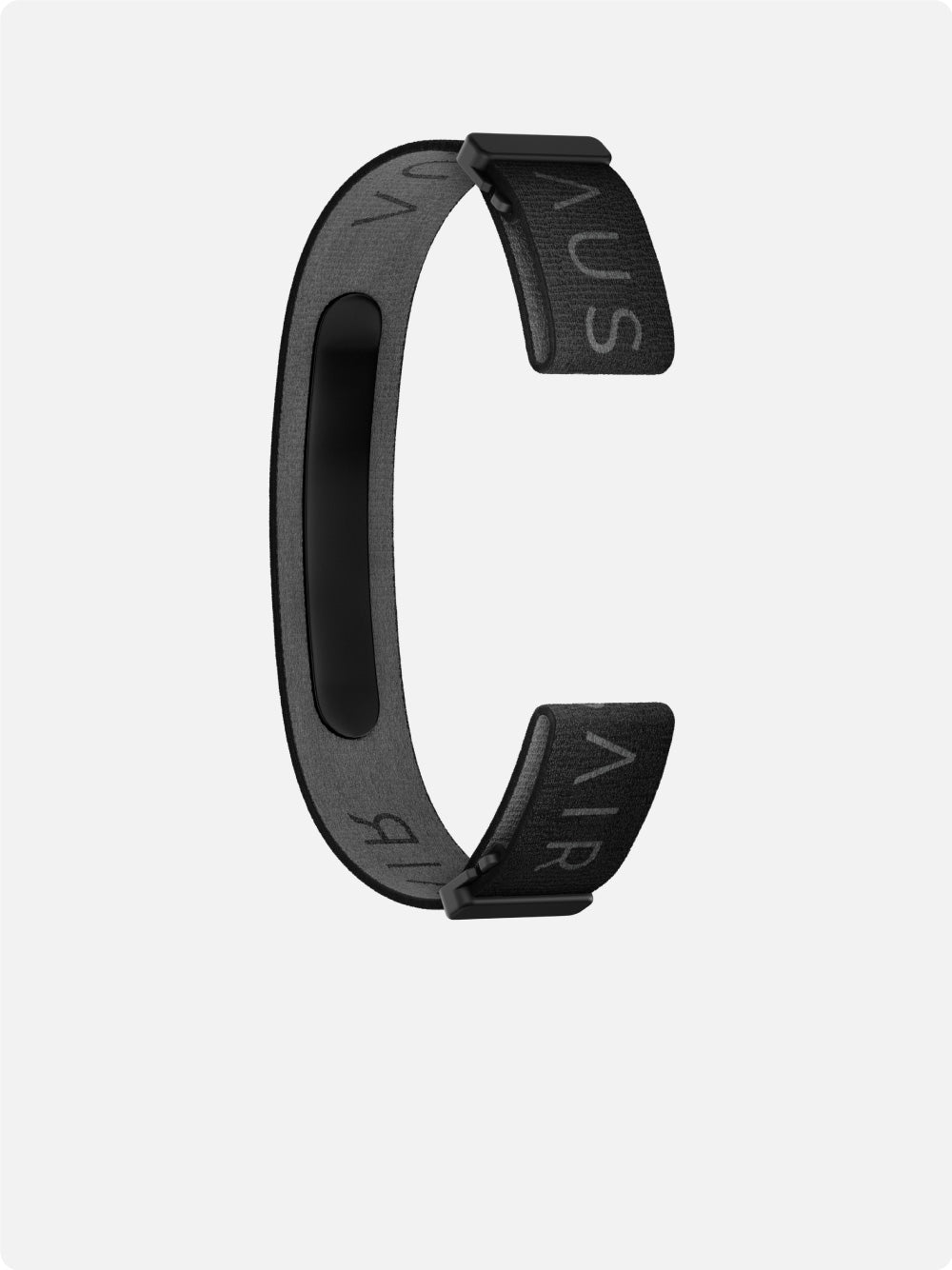
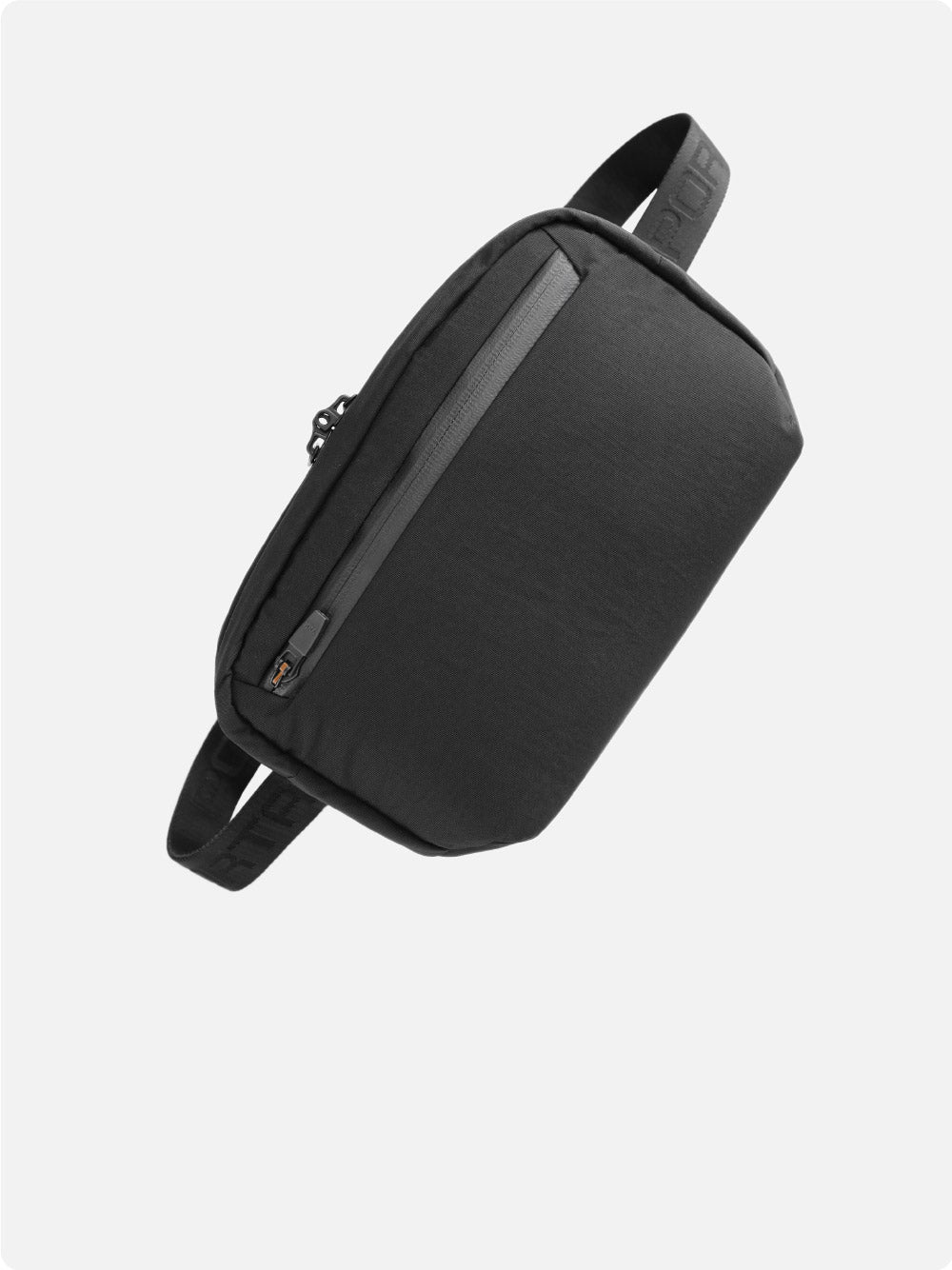
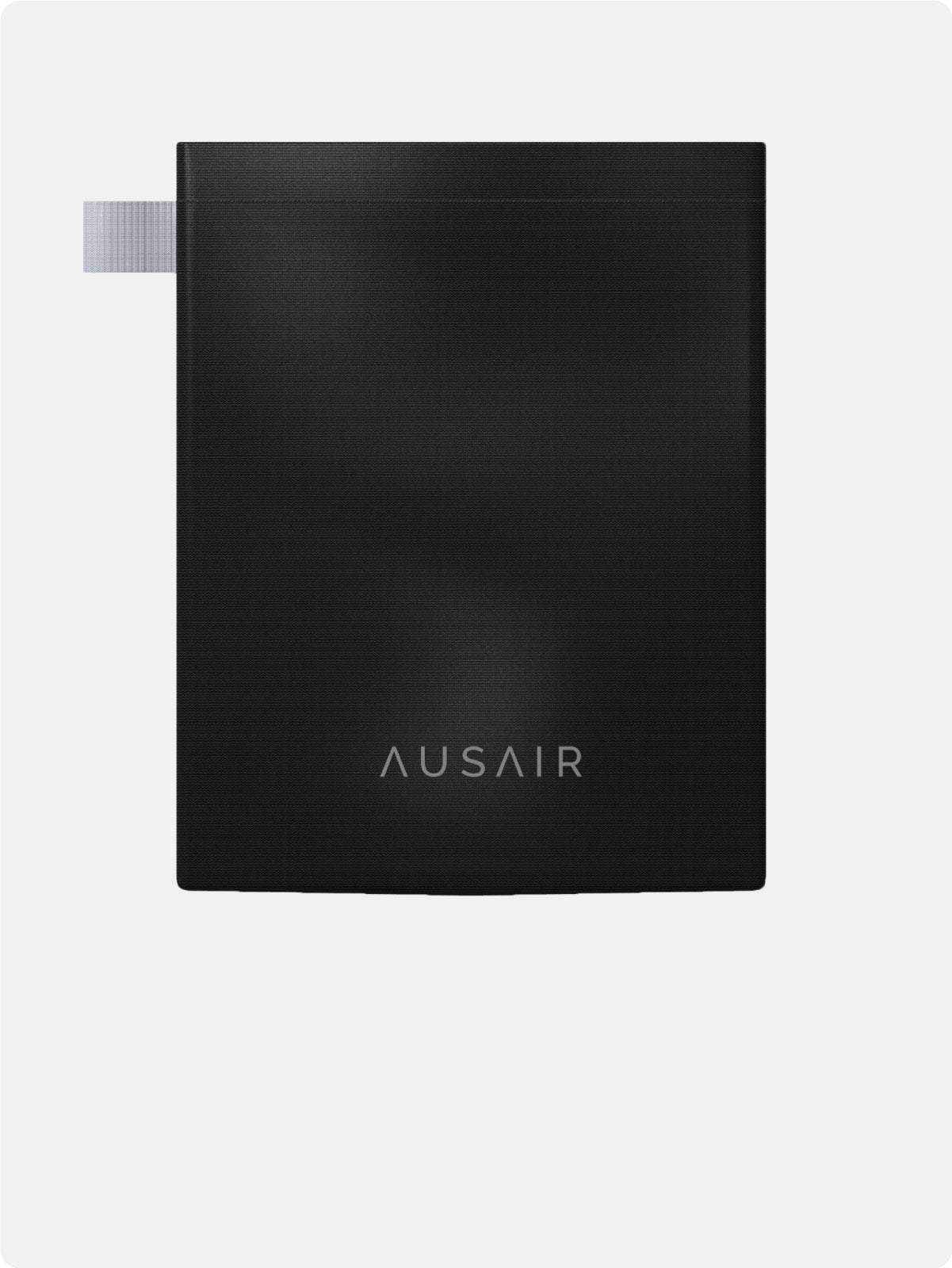


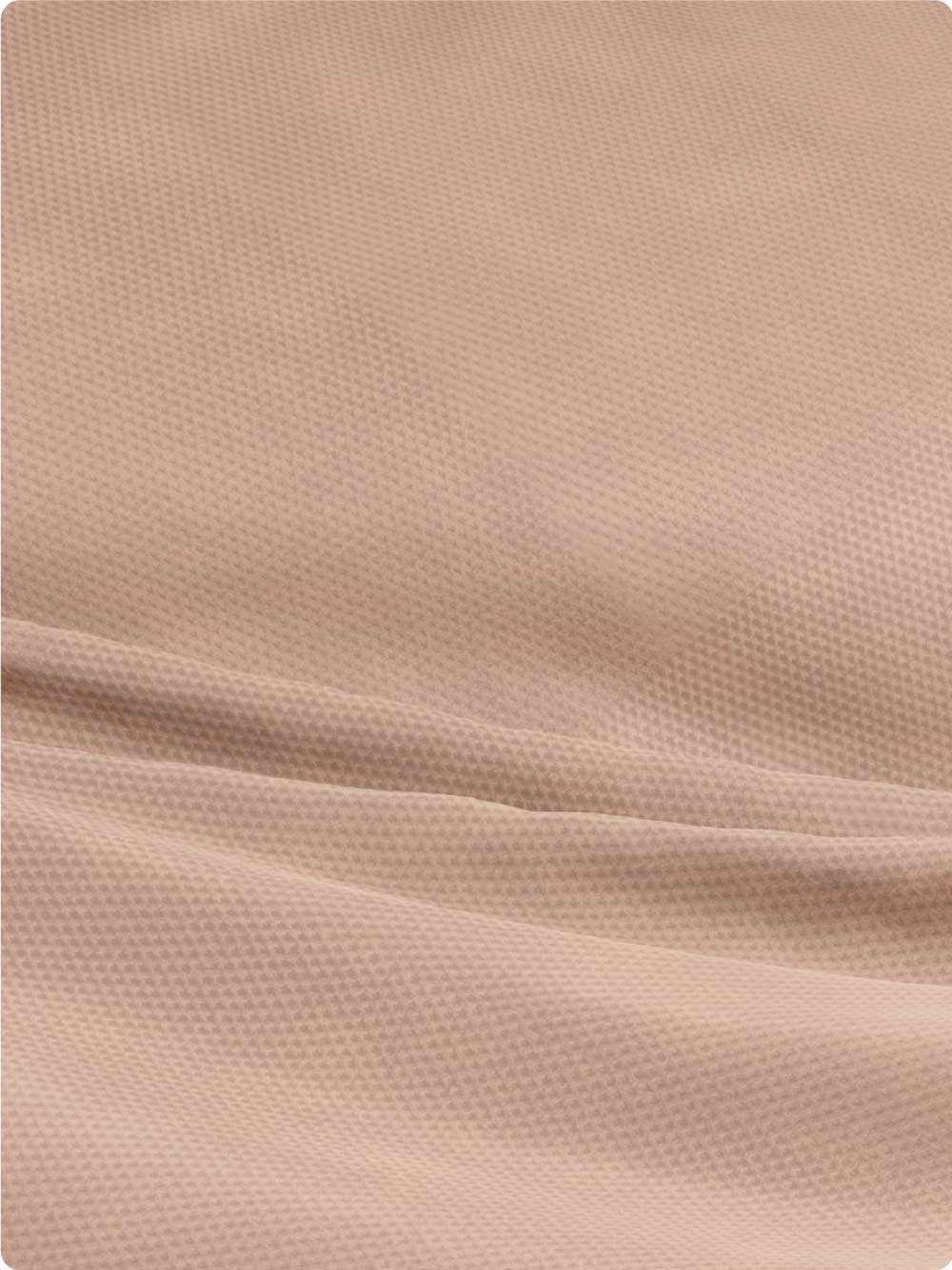
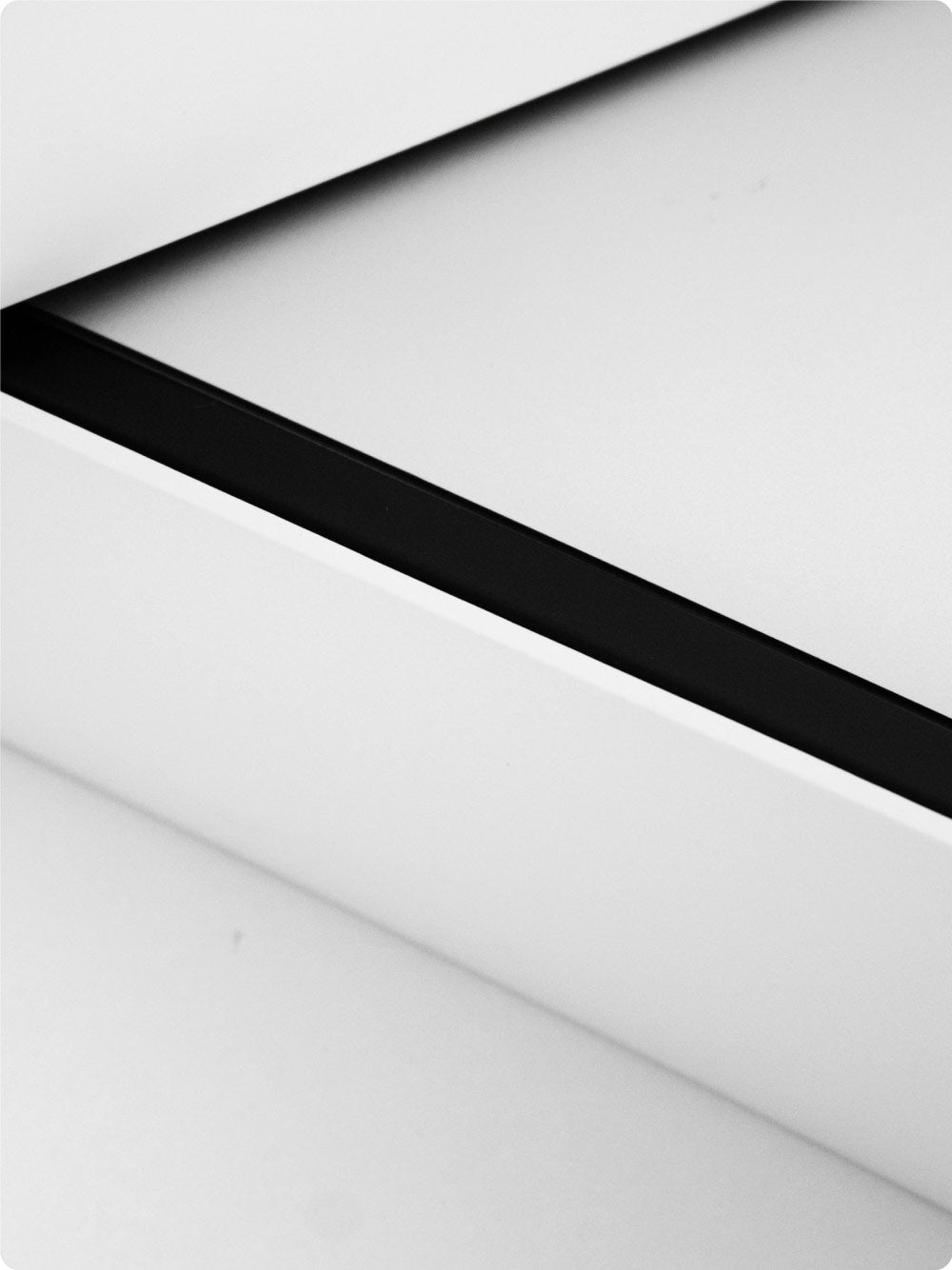




Leave a comment
All comments are moderated before being published.
This site is protected by hCaptcha and the hCaptcha Privacy Policy and Terms of Service apply.